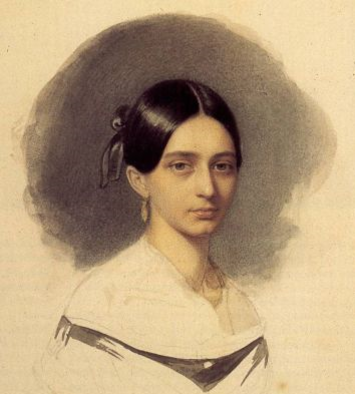The Decline in Numbers Taking GCSEs in Creative Subjects
Posted on 27th August 2019 at 12:10

Figures released by the Joint Council for Qualifications on 22nd August, as GCSE results were announced, showed that although applicants for GCSE Art and Design and Performing Arts increased, overall, the number of students taking GCSEs in Creative subjects, (defined as define arts subjects as Art & Design, Dance, Design & Technology, Drama, Media/Film/TV Studies, Music and Performing/expressive arts), has decreased.










